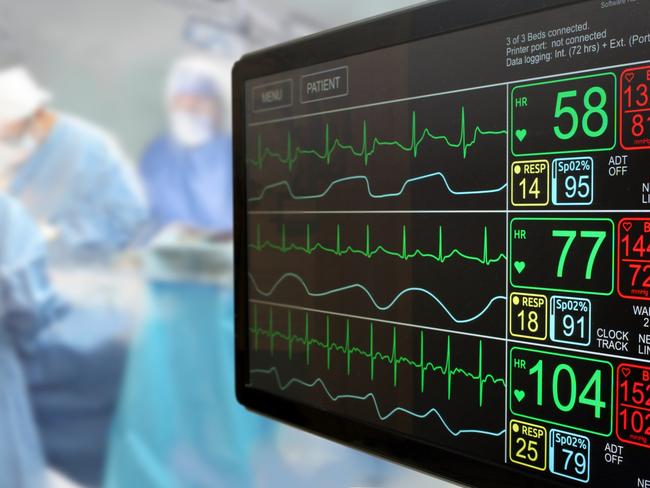Australia’s first known organ trafficking case
A PHILIPPINES woman flown to Australia to sell her kidney has been granted permanent residency after being caught up in Australia’s first known organ trafficking case.
NSW
Don't miss out on the headlines from NSW. Followed categories will be added to My News.
A PHILIPPINES woman flown to Australia to sell her kidney has been granted permanent residency after being caught up in Australia’s first known organ trafficking case.
The Australian Federal Police investigated an elderly Australian couple after the “transplant tourist’’ changed her mind and dobbed them in.
Police alleged the couple offered the woman a working visa and money if she came to Australia to altruistically “donate’’ her kidney to the dying wife.

The federal government granted the Filipina a permanent visa in return for blowing the whistle.
But the old woman who was seeking the kidney died before police could prosecute her for organ trafficking.
The Attorney-General’s Department has only now revealed the shocking case, investigated in 2011, to a parliamentary committee investigating human organ trafficking.
The department has admitted it can do little to stop sick Australians flying to Third World countries for stolen organ transplants.
It has told the inquiry the threat of a criminal prosecution “may be insufficient to discourage desperate Australians from travelling overseas to receive lifesaving or life-changing organ transplantations’’.
“There are significant practical challenges in investigating crimes across international borders,’’ the department said in its submission to the inquiry.
“There may be legitimate reasons for an Australian to travel overseas to undergo transplantation, including receiving an organ altruistically donated by an overseas family member.’’

The Catholic Church has warned the parliamentary inquiry that China has executed prisoners “for the sole purpose of providing an organ for a transplant patient overseas’’.
“Although China claims that it has ceased providing organ donations from executed prisoners, it is not possible to verify this with complete certainty,’’ the Archdiocese of Sydney told the inquiry.
“There is also growing suspicion that a dramatic rise in the number of organ transplants in the Middle East is due to the fact that terrorist organisations are engaged in organ harvesting to fund their cause.
“There is evidence that refugees who are desperate to get to a safe environment are selling their organs for passage.’’
The Catholic Church is demanding the government prosecute “transplant tourists’’.
“One should not escape punishment for a crime solely because it was committed outside Australia,’’ it said.
The Church said illegal transplants are usually sought from people in the Third World who are under “economic, political and safety pressures’’.
“They may not have the option of turning down money for an organ from a relatively wealthier Australian,’’ it says.
The maximum penalty for organ trafficking in Australia is up to 25 years’ jail, but no one has been prosecuted.
